



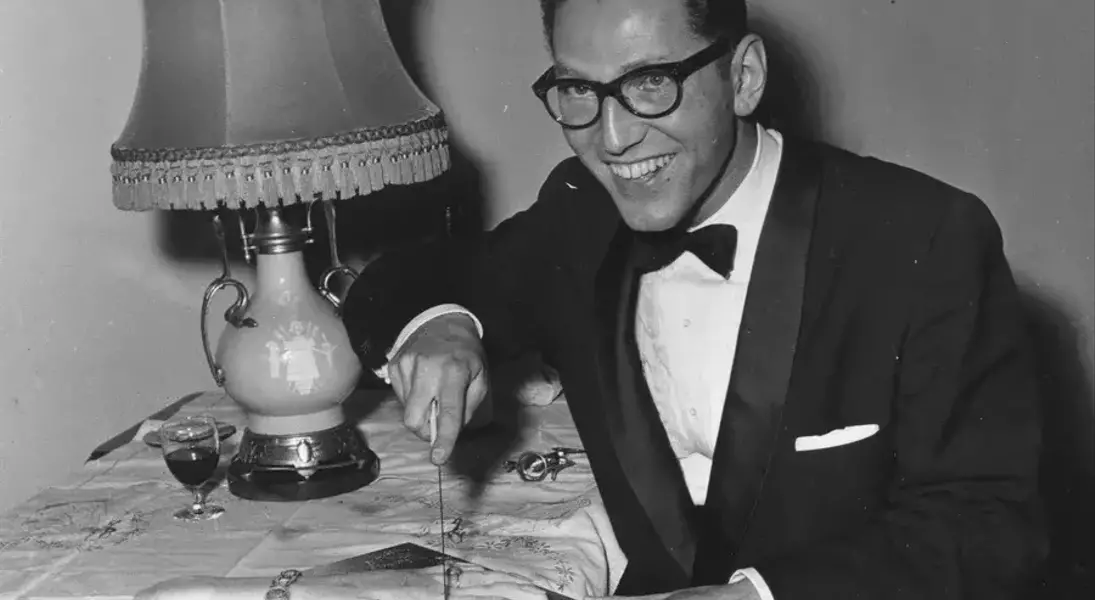
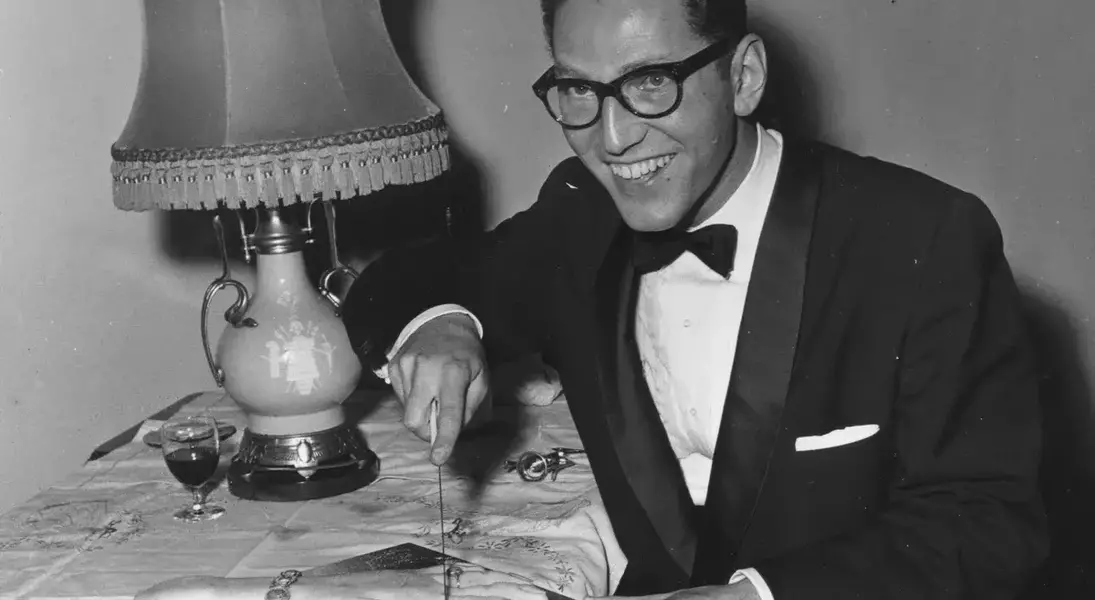
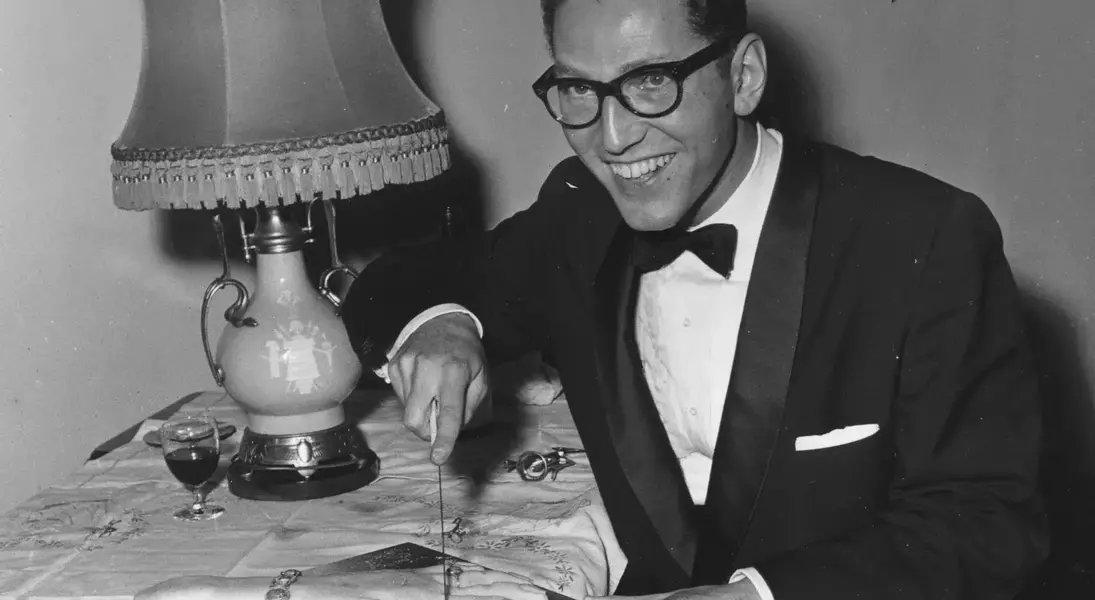
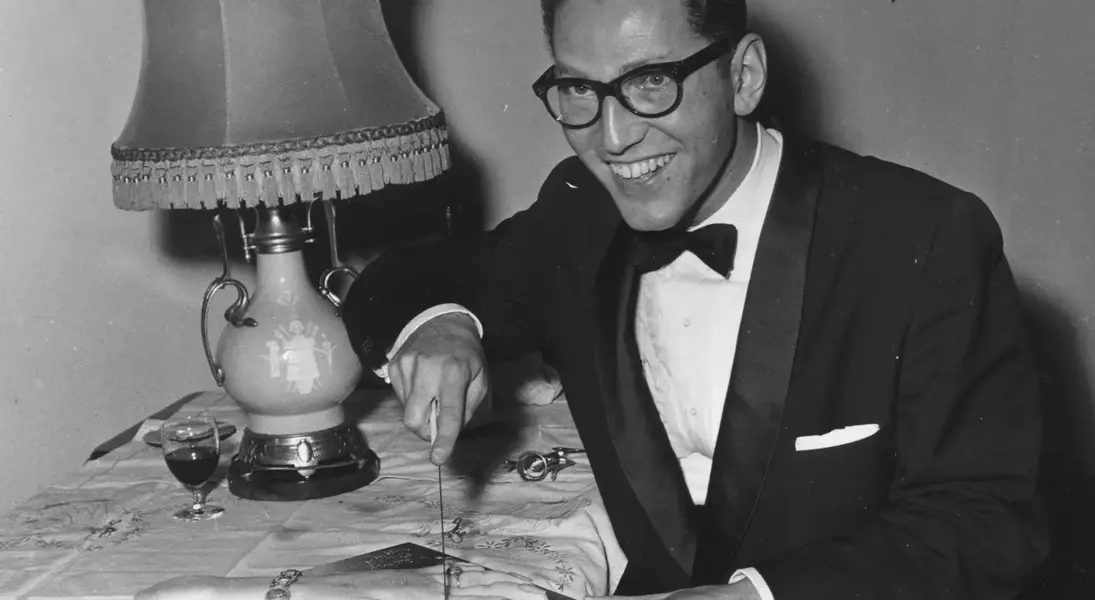





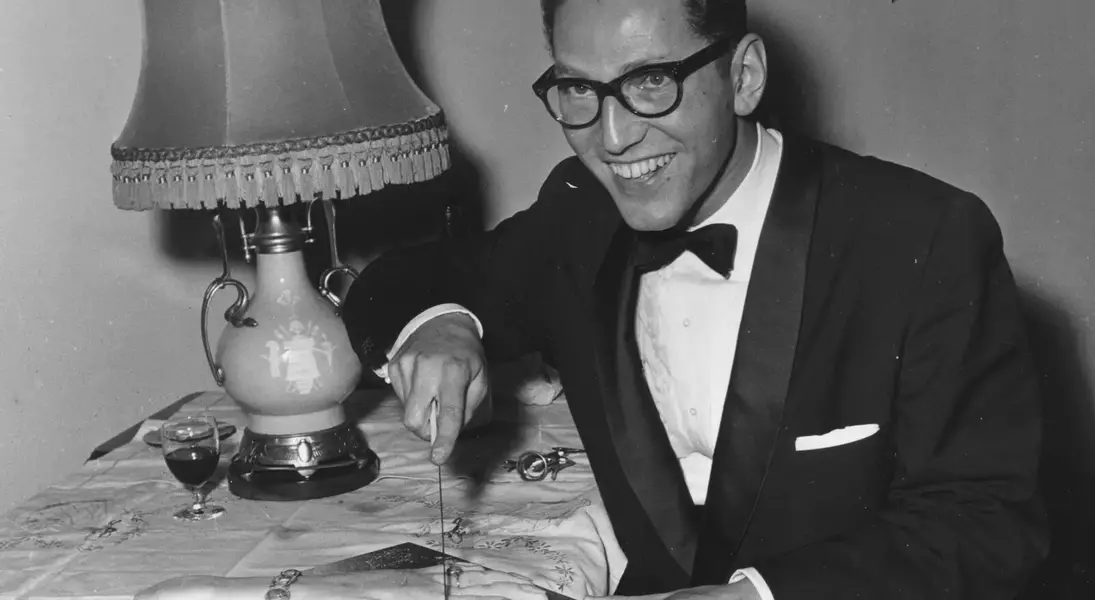
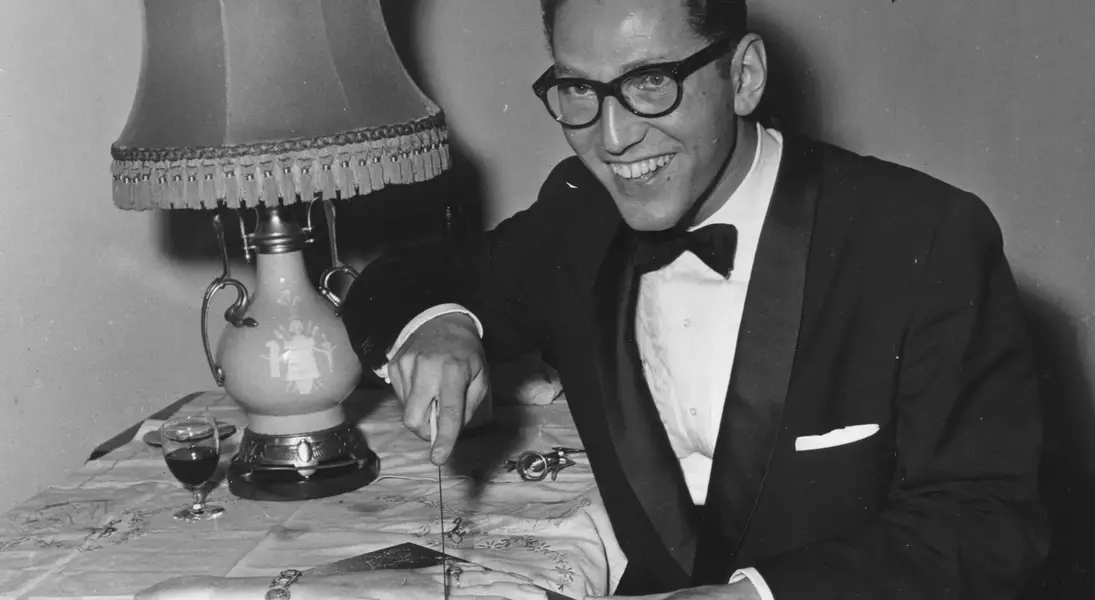


The world of satirical music bids farewell to one of its pioneering figures, Tom Lehrer, who recently passed away at the remarkable age of 97. Lehrer, a man of dual brilliance, seamlessly navigated between the intricate world of mathematics and the expressive realm of musical comedy. His satirical compositions, characterized by incisive wit and a keen observation of societal absurdities, captivated audiences throughout the 1950s and 60s. Despite his widespread acclaim in entertainment, Lehrer ultimately chose a path dedicated to intellectual pursuits, returning to a distinguished career in academia. His legacy, however, remains a powerful testament to the enduring impact of intelligent humor, continuing to influence artists who seek to challenge and entertain through the art of satire.
Musical Maverick and Mathematical Mind: The Life and Legacy of Tom Lehrer
On a serene Saturday, July 27, 2025, the esteemed musical satirist and accomplished mathematics professor, Tom Lehrer, departed this world at his cherished residence in Cambridge, Massachusetts, at the grand age of 97. The news of his passing was confirmed by his close friend, David Herder, sending ripples of remembrance throughout the entertainment sphere.
A flood of tributes poured in on Sunday, honoring Lehrer's profound impact. Among the many voices was that of the celebrated parodist \"Weird Al\" Yankovic, who reverently acknowledged Lehrer as a \"living musical hero\" in a heartfelt social media message. This sentiment underscored Lehrer's significant influence on successive generations of comedic musicians.
Born in 1928, Thomas Andrew Lehrer cultivated his talents from an early age in the vibrant Upper East Side of New York City. His childhood piano lessons laid the foundation for a remarkable musical journey. His academic prowess was evident during his time at Harvard University, where, at just 17, he penned his inaugural recorded piece, \"Fight Fiercely Harvard,\" a song that would resonate far beyond collegiate confines. His early recordings quickly garnered an underground following in the 1950s, establishing him as a unique voice in the cultural landscape.
Lehrer's satirical genius found a broader platform in the mid-1960s when NBC's groundbreaking show, That Was The Week That Was, frequently featured his compositions. Though his songs were often performed by the cast, Lehrer later took to the stage himself, recording and distributing his work directly to an eager public.
Rachel Bloom, a contemporary musical satirist and the creative force behind the CW series Crazy Ex-Girlfriend, articulated Lehrer's enduring legacy. She observed that he virtually \"established this genre of comedy songwriting,\" highlighting his masterful ability to subvert established genres and introduce a fresh, often inverted, comedic perspective. Lehrer's approach was characterized by a subversive brilliance; he would often seemingly embrace the very concepts he sought to critique, amplifying their absurdity from within.
A prime example of his unique style is \"The Vatican Rag,\" a song born from his observations of the ecumenical council in Rome, Vatican Two. Lehrer humorously posited that for the Vatican to connect with a contemporary audience, they might consider adapting liturgical music into more popular forms. With a deep, albeit irreverent, understanding of the catechism, Lehrer, a Jewish artist from Manhattan, crafted a piece that was both profoundly subversive and uproariously funny. His foresight was also remarkable; long before widespread environmental awareness, his lyrics vividly depicted ecological degradation: \"Pollution, pollution, they got smog and sewage and mud. Turn on your tap and get hot and cold running crud.\"
In the 1970s, Lehrer made a deliberate choice to step away from public performances, redirecting his focus entirely to his passion for teaching. He dedicated numerous years to instructing at the University of California, Santa Cruz, meticulously balancing his academic commitments between Santa Cruz and Cambridge. As he reflected in a 1997 interview, the passage of time had shifted his emotional landscape: \"I used to laugh more. Now I get angry. And it's very hard to be satiric and — or to be funny, let's say — and angry at the same time.\"
Tom Lehrer's passing marks the end of an era, but his indelible contributions to musical satire and his dual life as an academic remain a source of inspiration and amusement. His work reminds us that humor, especially intelligent and biting satire, can be a powerful lens through which to examine and critique the world around us. It's a poignant reminder that even in serious times, there's profound value in the ability to laugh, think, and challenge through art.
